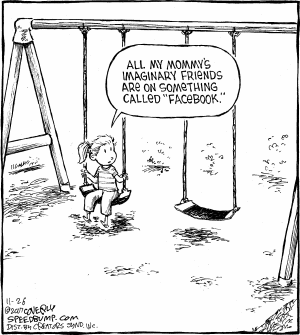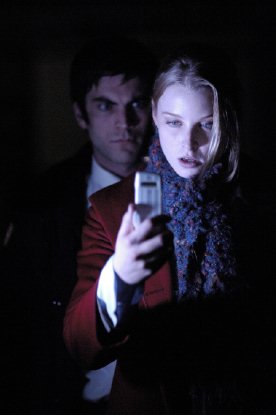Online revenge sites latest landmine in modern dating game
 Bad dates beware — all your misdeeds and misbehaviour are a click away for all to see.
Bad dates beware — all your misdeeds and misbehaviour are a click away for all to see.
If you have dumped someone unceremoniously, cheated, lied or otherwise been a sleaze or a stalker, read all about it on the Internet.
Posting dating and mating horror stories of wrongdoing is the latest way to exact revenge on exes in the modern dating game.
A website owned by two entrepreneurs was the latest venue to out bad boys and girls.
The site includes stories written by the jilted about their lovers’ wrongdoings and, in many cases, the photos and full names of the so-called players and psychos and their tales of torment.
The stories are nasty.
People are called out as promiscuous, as sexually-transmitted-infection spreaders, drug addicts, cheaters, deadbeat dads, con artists, broke bums, prostitutes, sleazebags, dirtbags, all manner of bags, cyberpaths or e-whores. (The latter two are newish terms — serial online daters who prey on the vulnerable via Lava Life, match.com, or plentyoffish.com, to name just three online dating sites.)
At these sites anyone can post a story with photos about someone they’ve loved, lusted and lost.
"It seems to me that the good outweighs the bad," says site co-owner.
Memberships are free, and so far 410 people from across Canada and the United States have signed up since May, when the site was launched. Both owners claim it’s getting 300,000 hits a day.
 Those who post must sign an online agreement, vowing they will only post information that is true. Gordon admits they have no way of knowing if the 100 and counting posts are 100 per cent accurate.
Those who post must sign an online agreement, vowing they will only post information that is true. Gordon admits they have no way of knowing if the 100 and counting posts are 100 per cent accurate."It would be great if there weren’t any jerks who abused our site but if there weren’t any jerks, there would be no need for our site," he says. "It’s a Catch-22."
However, these sites have the potential to do a lot of good helping singles find out about a bad date’s past.
Think of it as a high-tech way to weed out the weasels.
Stoptheact joins other revenge sites for the unlucky in love. At dontdatehimgirl.com and Liarscheatsandbastards, retaliation is also the special of the day.
Consider this e-scorning just one of the many perils of dating. No longer are your (alleged) misdeeds fodder for circles of friends and co-workers in the immediate vicinity. Instead, your questionable antics, true or otherwise, are posted for the world to see.
On some sites those who are outed can retort, right on the same page. Others can chime in, too — which they do, in droves.
Additionally, some posters have recently found their IP addresses and emails 'spoofed' so people who may have nothing to do with the posts are wrongly held responsible. This has created a real problem for the courts to track down who really posted what..
All of which makes for a weird, yet mildly entertaining back-and-forth read and, ultimately, compelling insight into contemporary dating.
One wonders how all this nastiness advances humanity in any way. I mean, how much name-calling and "he said, she said" can anyone take?
And what are the long-term consequences of all this kissing and e-telling?
Imagine, for example, an employer googling their prospective hire’s name and up pops "deadbeat dad with herpes," or "gold-digging whore."
It wouldn’t be pretty. Misdeeds may last one, maybe two minutes tops, but an e-trail is forever.
On the one hand, it can genuinely be a service. On the other, when you’re in a breakup and you’ve been hurt and wronged, you may lash out and regret it soon after, says the Toronto-based writer. And if you post something nasty, be prepared to be posted on yourself and expect the story to be worse, she warns.
"It’s a two-way street. It’s a very dangerous game."
Consider the story of Todd Hollis. Very unflattering stories about the Pittsburgh criminal lawyer were posted on dontdatehimgirl.com he claims were defamatory, according to a story by the Pittsburgh Post-Gazette. So three years ago, Hollis, then 38, filed a lawsuit against the site’s owner and operator, Tasha Joseph, then 33, a former Miami Herald columnist who started the site. (Hollis has also started his own website to fight back, classaction-dontdatehimgirl.com.) (Hollis' site is now defunct and his lawsuit was dismissed by the courts!)
(NOTE: EOPC is NOT a revenge site. It is an informational and educational site providing information, validation (important since all cyberpaths INSIST their victim is lying when they are caught) and hopefully a small bit of closure for those abused by cyberpaths. - THE TRUTH IS A 100% LEGAL DEFENSE TO CLAIMS OF DEFAMATION OR SLANDER - All our posters are legally liable for EVERYTHING POSTED as per their agreement; about their cyberpath. EOPC
















